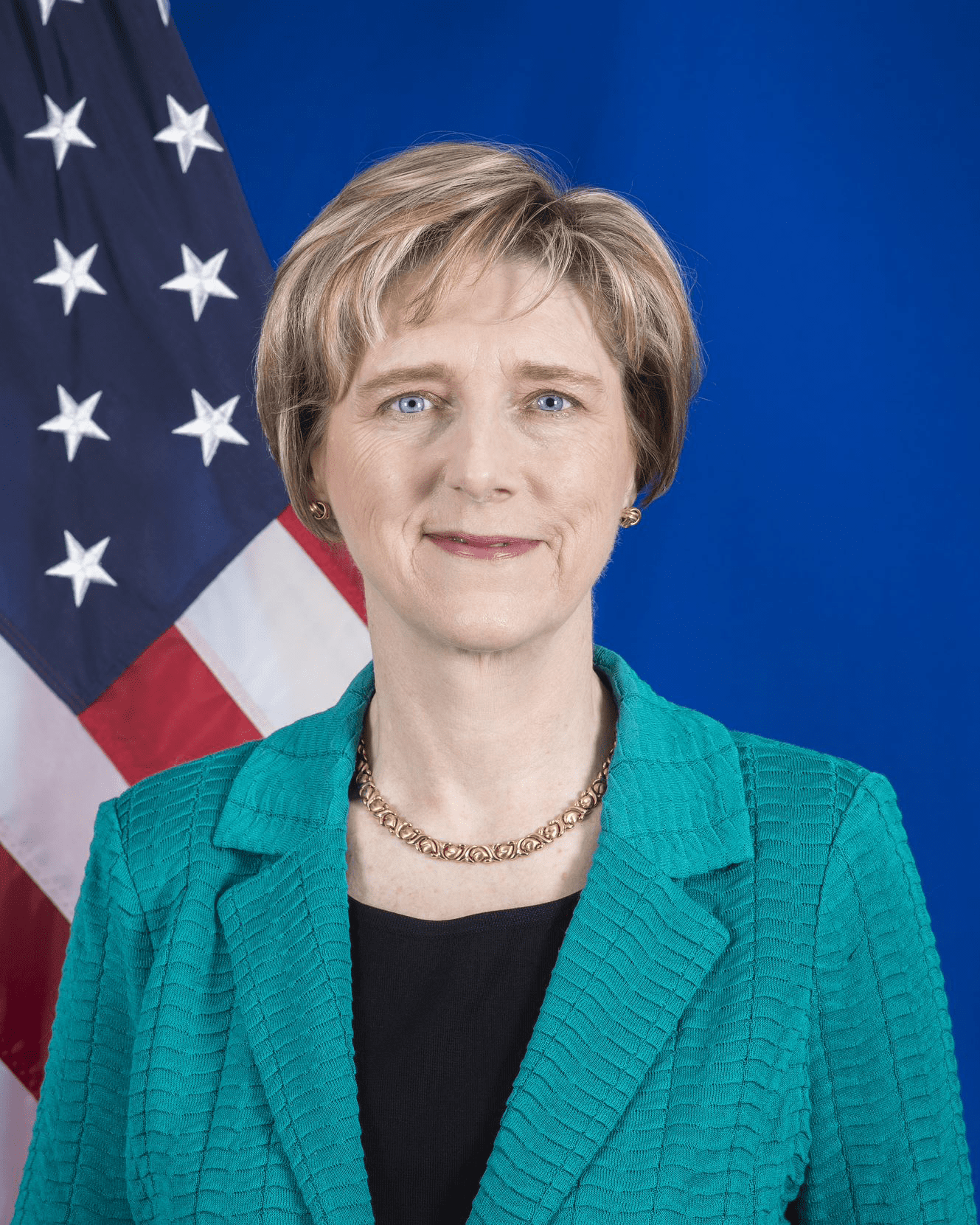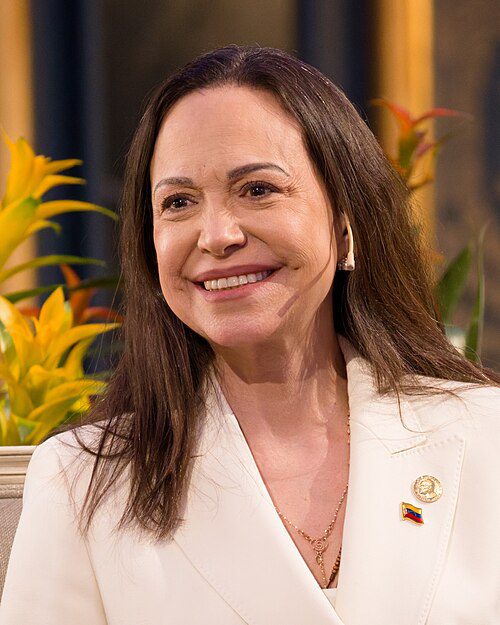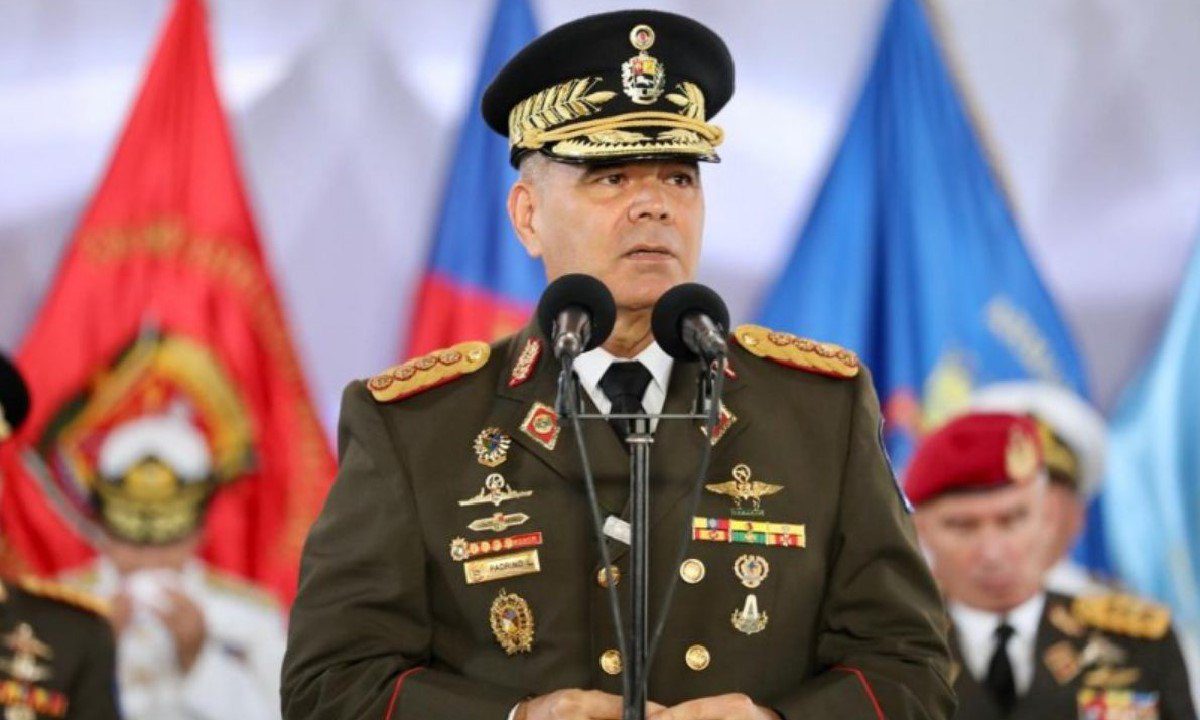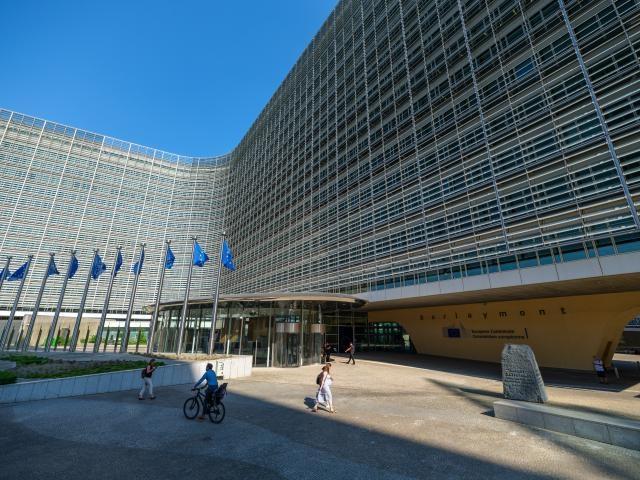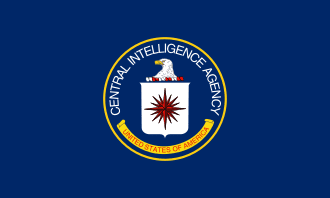Guacamaya, August 19, 2025. The President of the United States, Donald Trump, stated that he has begun organizing a meeting between the President of Ukraine, Volodymyr Zelensky, and that of Russia, Vladimir Putin, following a summit this Monday at the White House with Zelensky and European leaders. Trump said he discussed the plan with Putin in a telephone call made during his negotiations with the European delegation. While London spoke of “real progress” and the “Coalition of the Willing” expanded to 30 countries to work on security guarantees for Kyiv, Berlin and Paris insisted that any negotiation first requires a ceasefire. Moscow, for its part, welcomed the focus on “lasting peace” and confirmed its support for direct talks.
United States
The White House released a photograph of Trump in the Oval Office speaking on speakerphone with Putin, accompanied by Vice President J.D. Vance and Secretary of State Marco Rubio, as well as a translator. Rubio described the potential face-to-face meeting between Zelensky and Putin as “unprecedented” and indicated that, if it proceeds, a trilateral meeting including Trump could follow.
During his meeting with Zelensky, Trump stated that in other conflicts he claims to have resolved, “he did not implement any ceasefire,” creating distance from the European demand for an immediate truce. According to the President of Finland, Alexander Stubb, the decision for Trump to call Putin was “coordinated” among the Western leaders to gauge the possibility of a bilateral meeting prior to a potential trilateral one.
Ukraine
Zelensky stated he is willing to meet with Putin “in any format,” without imposing conditions, and revealed that discussions on security guarantees include the purchase of $90 billion in American weaponry through European financing, as well as the manufacturing of drones in Ukraine—with part of the production acquired by the U.S. He clarified, however, that there is not yet a formal agreement and that the understanding could be finalized “within a week or 10 days.”
The Ukrainian leader also said he discussed with Trump a map in the Oval Office showing territories occupied by Russia, noting the percentages reflected in that document.
United Kingdom
British Prime Minister Keir Starmer spoke of “real progress” and a “true sense of unity” among the European leaders, Trump, and Zelensky. He detailed two outcomes: (1) that the 30 countries of the Coalition of the Willing will work with the U.S. on coordinated security guarantees for Ukraine; and (2) an agreement to seek a bilateral meeting between Zelensky and Putin, before a potential trilateral meeting with Trump. Starmer emphasized that issues such as territory, prisoner exchange, and the return of Ukrainian children “require Ukraine to be at the table.”
France
President Emmanuel Macron considered the “most significant result” of the day to be the U.S. willingness to work on the content of security guarantees for Ukraine. At the same time, he conditioned any conversation on a ceasefire: “Call it a truce or a ceasefire, but we cannot hold conversations under bombardment.” Macron argued that a Zelensky-Putin meeting should first be bilateral and only later lead to a trilateral meeting with Trump. He warned that if the diplomatic path fails, Europe must be prepared to increase sanctions on Russia.
Germany
German Chancellor Friedrich Merz reiterated that “true negotiation can only take place (…) if the guns fall silent.” He also stated that, according to his information, Putin agreed to meet with Zelensky within the next two weeks during the call with Trump, although without specifying the location and emphasizing that such a summit must be “well-prepared.”
NATO and the EU
NATO Secretary General Mark Rutte noted that the White House meeting did not discuss redefining Ukrainian borders, as that issue is for Zelensky to address in a potential trilateral meeting and subsequent talks with Putin. He added that, to discuss territory, clear security guarantees must first be agreed upon.
Among those attending the meeting in Washington were Macron (France), Merz (Germany), Giorgia Meloni (Italy), the President of the European Commission, Ursula von der Leyen, and Rutte himself for NATO, in support of Zelensky.
Russia
From Moscow, Kirill Dmitriev—a close advisor to Putin—welcomed the fact that the efforts in Washington focus on “Lasting Peace” and not on a “Temporary Ceasefire,” and published Trump’s quote about not imposing ceasefires in other conflicts. Dmitriev criticized Merz for “ignoring” Trump by insisting on an immediate truce.
Kremlin advisor Yuri Ushakov told Sputnik that Trump informed Putin about his conversations with Zelensky and the European leaders, and that both leaders expressed their support for direct negotiations between Russian and Ukrainian delegations, even raising the level of representation.
Foreign Minister Sergey Lavrov described the recent Trump-Putin summit in Anchorage, Alaska, as “useful” and held in a “very positive atmosphere.” He asserted that Russia “did not simply set out to seize territories,” but to protect Russians in historically Russian-speaking areas, and reiterated that Moscow is not opposed to a bilateral or trilateral format, provided the contacts are carefully prepared. He emphasized that without guaranteeing Russia’s security and the “rights of Russians in Ukraine,” there will be no sustainable agreement.
According to the Russian Foreign Ministry, the Alaska meeting lasted 2 hours and 45 minutes and concluded with a joint press conference. Putin thanked Trump for “the hospitality” during that meeting.
Next Steps
With the Coalition of the Willing expanded to 30 countries and a U.S. commitment to develop the content of security guarantees, European capitals and Kyiv are now focused on concretizing these commitments. The potential Zelensky-Putin meeting—whose location is undefined—is emerging as the next milestone, while a key difference persists: Europe demands a verifiable truce as a starting condition; Washington promotes dialogue without immediately requiring it; and Moscow welcomes the initiative if its demands regarding security and the status of the Russian-speaking population are addressed.


